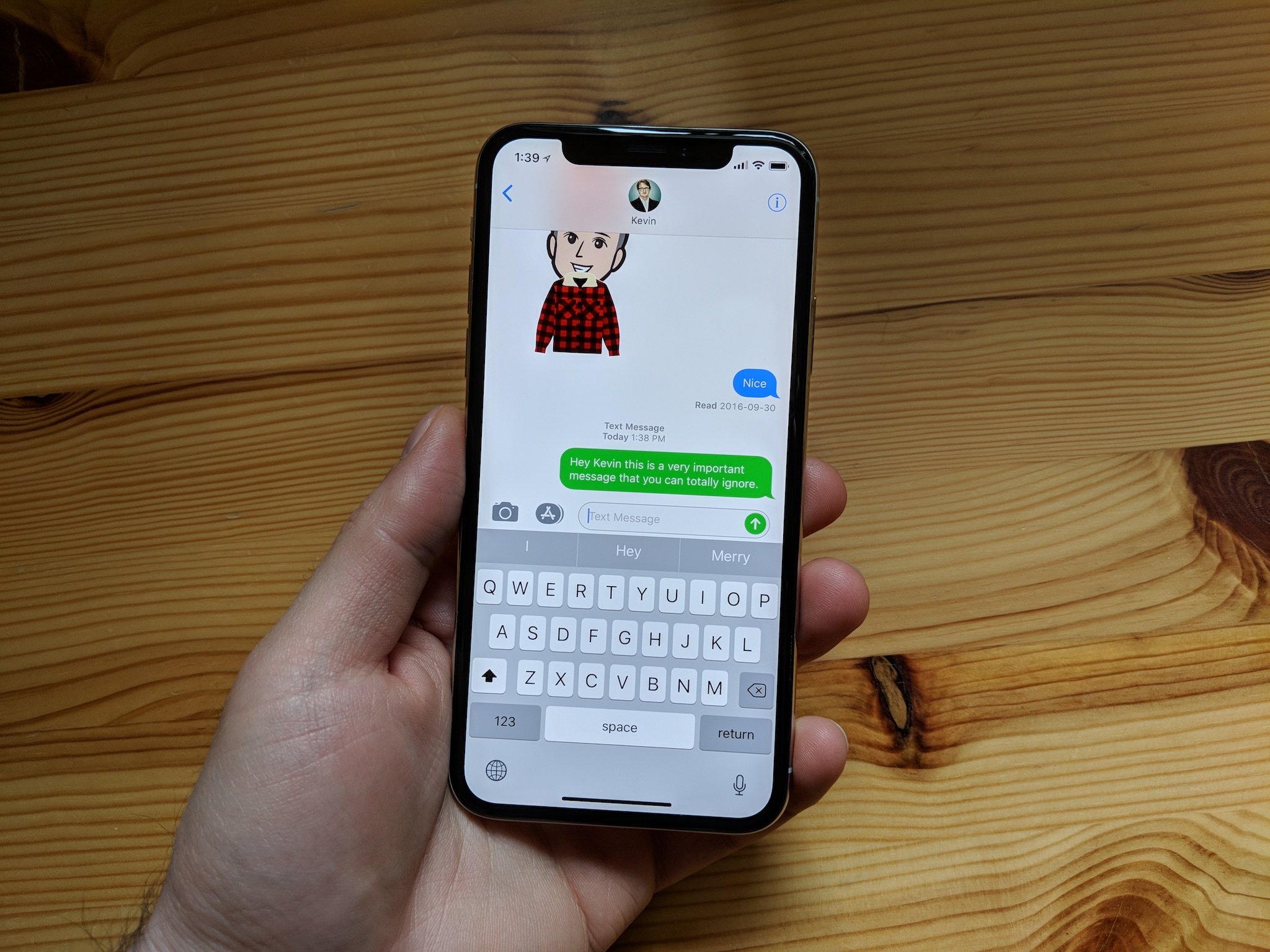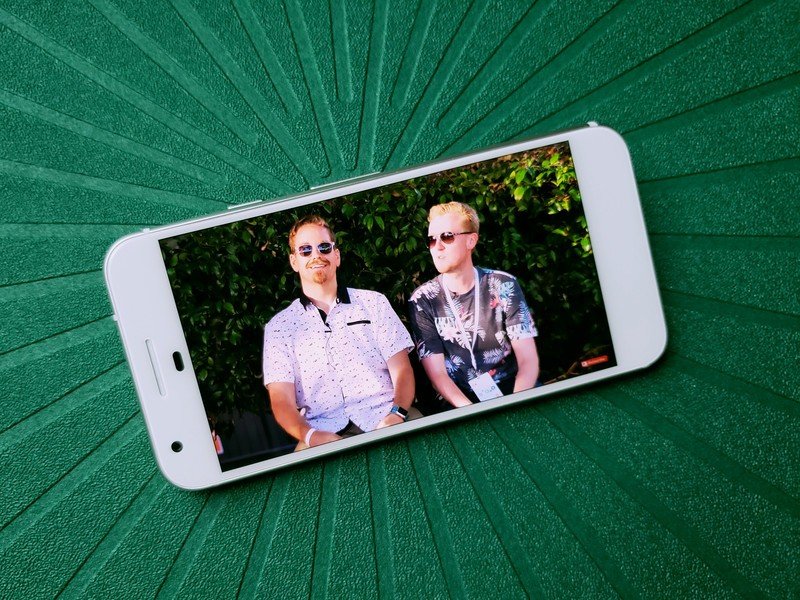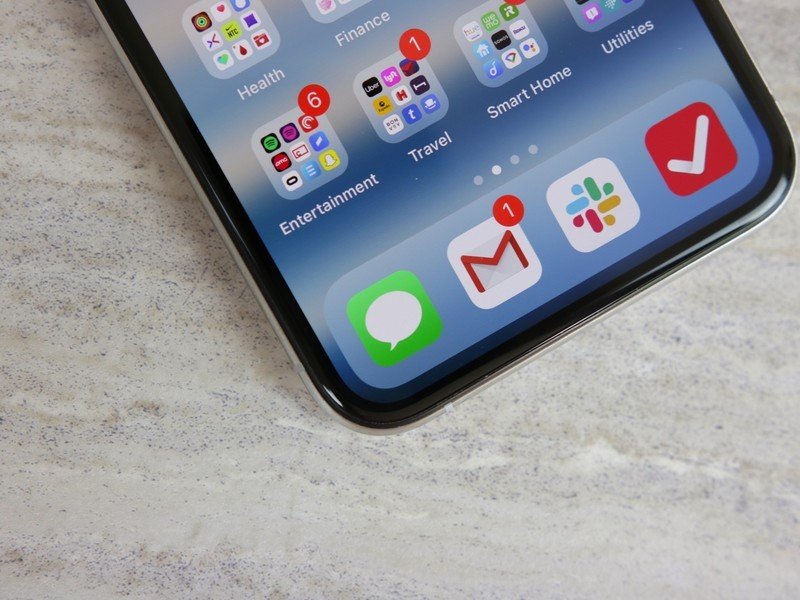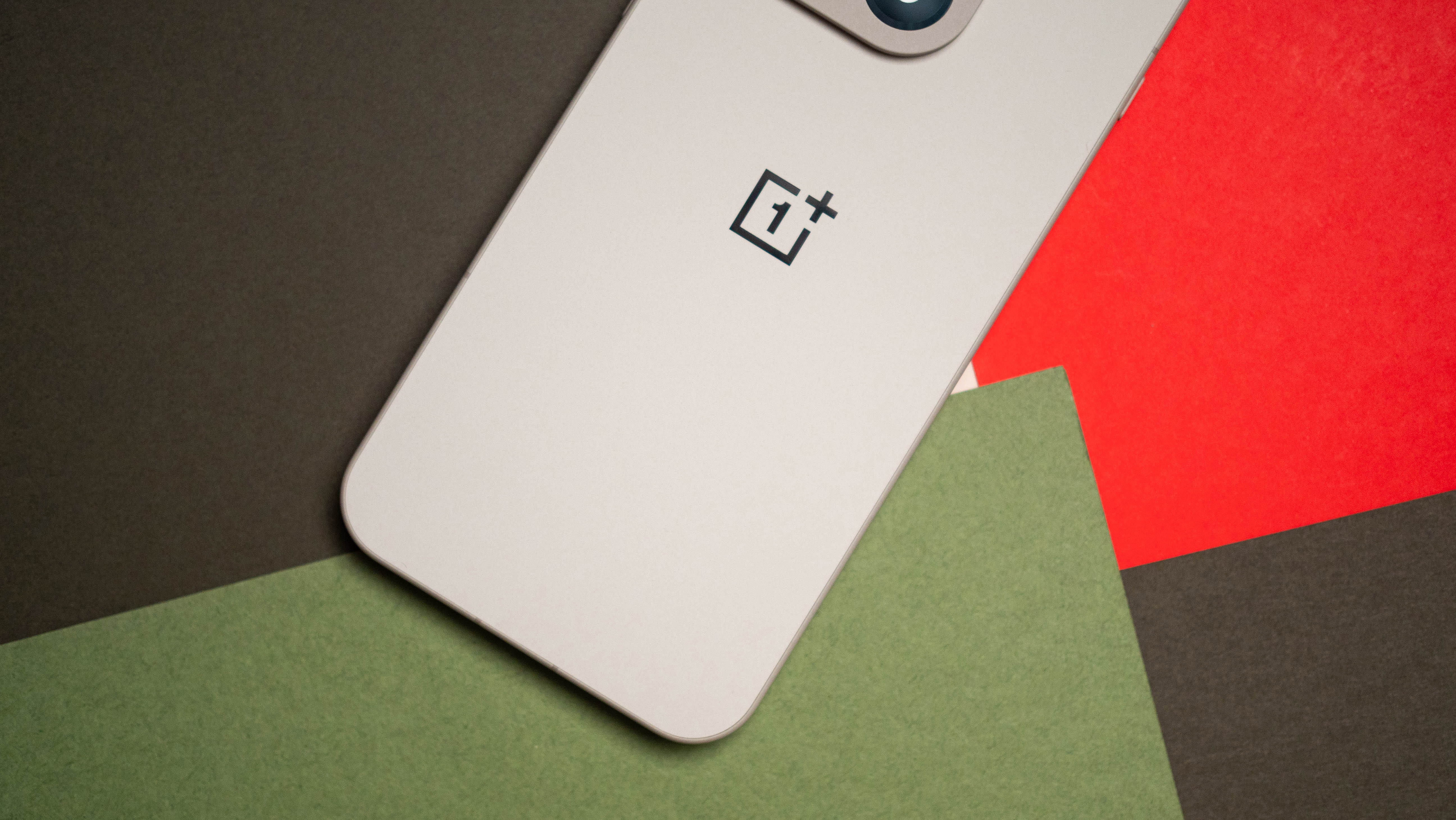Hey Android fans, iPhone users probably won't date you (according to this BS article)

Have you heard the news? If you use an Android phone, iPhone users think you're icky and won't date you. At least, that's what this nonsense article in the New York Post wants you to believe. I'll save you a click because it's the same boring crap we've been reading for years wrapped in a different shell: People who use iMessage find green bubbles gross, and those green bubbles come from Android users. Add in a couple of quotes from the three whole people they "interviewed" on the topic, and BANG! Instant outrage porn for the internet to enjoy.
This is some obviously next level petty nonsense on my part, but let's unpack just how wrong the Post is with this garbage.
Vapid, shallow people exist on every platform

Let's set aside how extremely broken the concept of dating exclusively from your phone is for a moment, or that you can actually get iMessage on Android with a little bit of work.
In this extremely terrible article, a story gets told of a woman who meets someone on Tinder. They chat for a while, hit it off, and decide to exchange numbers. She gets the first text, hoping beyond hope that a blue bubble shows up only to be disappointed at the sight of green. She is now no longer interested in flirting with this subhuman and promptly moves on.
If that is literally the only reason they've decided not to pursue the conversation, it was never going to be worth your time to talk to that person. You dodged a bullet, trust.
At first, I thought this article was going to go the route of perceived wealth. We've been told for years that Android users are often looked down upon as cheap because there are so many inexpensive phones — the real reason Google maintains global dominance in market share. As though spending a certain amount on your phone is an indication of your status in society. The NYPost doesn't go down that particular road in this article, likely because it's so easy to refute now in a world where Samsung is pumping out phones even more expensive than the top-tier iPhones because of all the tech it's cramming into them.
We're meant to believe this is simply how lots of people behave because being a part of this exclusive club is more important to someone than their other attributes. This, dear reader, is bull. Anyone who looks at iMessage as a deciding factor after swiping right and chatting for a while and decides you're not worth talking to anymore isn't a good person. If that's the real reason they decide to drop you, you dodged a bullet.
In an attempt to back this claim up with some data, this little nugget is dropped on the Post audience:
Get the latest news from Android Central, your trusted companion in the world of Android
While Android phones have a larger market share than iPhones, millennials feel a stronger emotional attachment to Apple products than any other brand, according to a 2018 analysis by marketing agency MBLM.
While it is absolutely true brand loyalty for Apple in the U.S. is fantastically high, and kudos to Apple for earning that trust with its audience, there are plenty of people in relationships right now where partners have different phone manufacturers. Because — and I get this may surprise some of us here in the land of nonstop smartphone news — most people's worlds do not revolve around their phones. It's an extremely valuable accessory, but life really does happen outside of your phone. All the time. Even right now, as you're reading this.
There are no benefits to iMessage dating, only added anxiety

It is without question that having a unified messaging platform for anyone you chat with is a Good Thing™. It's fun to be able to share silly features, like Stickers in Google Hangouts or reveal text in iMessage. That added bit of entertainment makes any conversation lighter and can add depth to an otherwise flat world, and I can absolutely see wanting to have that depth in what could possibly have a romantic conversation.
Ignore the NY Post: date people who make you happy, and for the love of all that is good in the world don't look for deeper meaning in their choice of phone
Unfortunately, those aren't the features being touted as valuable in this article. Instead, one of the people quoted in the article mention wanting to see "the three dots that show when iPhone owners are typing, the receipt confirming that a message has been delivered" as a big, must-have. To me, that's pants-on-head crazy and should not be a desired part of any form of communication (although RCS, which is broadly rolling out to Android users in the UK and France, does support typing indicators).
What is being described here is a desire to know right away that someone saw the message and the ability to know when they're trying to respond. The goal of these two features combined is to stare at your phone as it functionally does nothing because you know a message is about to arrive. The entire point of messages over text is being able to multitask and not be totally focused on a conversation, and yet we're meant to believe there's a large group of people out there who actively crave the ability to stare at their screen so a text-only conversation can be continued as fast as physically possible.
This shouldn't take away from the people who feel read receipts are important, even if I don't share that particular view. But combining these two features is a recipe for anxiety. Did they read my message? Oh, they did a few minutes ago but haven't responded yet. Wait they're responding now! Oh, but the dots stopped and a new message hasn't appeared. Are they struggling to express themselves? Are they hiding something from me? Why can't they just be honest with how they feel, why do they need to carefully word what they're trying to say to me?
It's already painfully easy to misread text or insert the incorrect emotion into a message with regular ol' texts, but to add in this layer of unspoken expectation and assume the person on the other side is playing by the same rules simply because they own an iPhone is actively damaging to any relationship regardless of what stage it is in.
The moral of the story this week? Ignore the New York Post, date people who make you happy, and for the love of all that is good in the world don't look for deeper meaning in their choice of phone. You're better than that.

